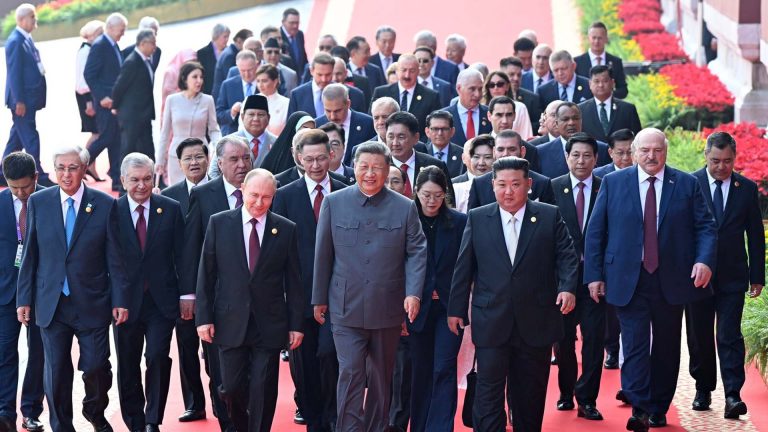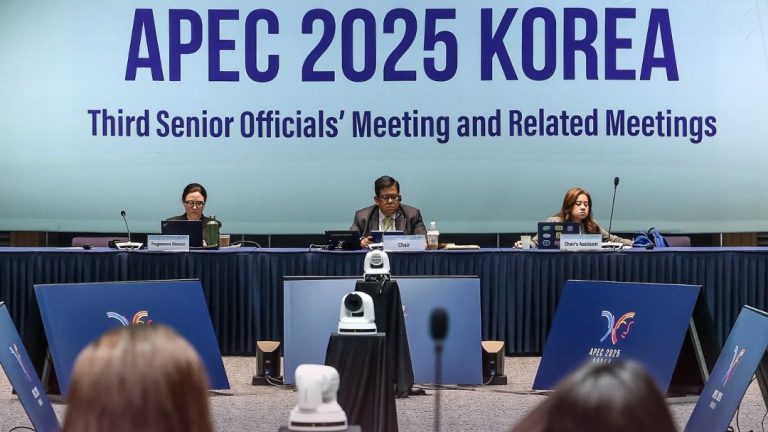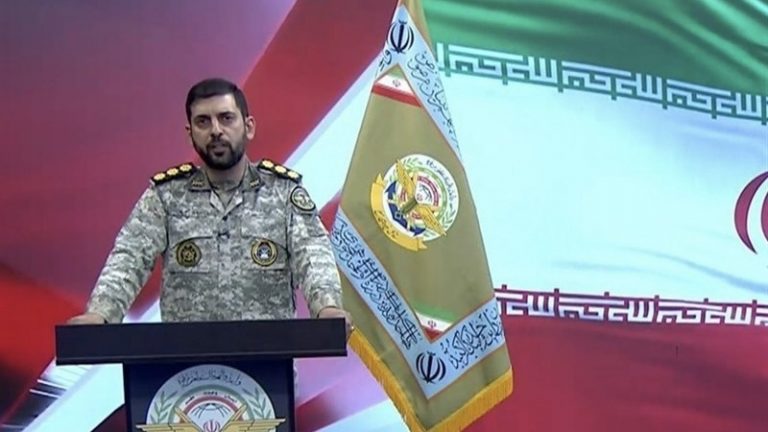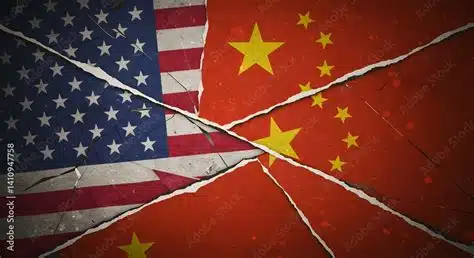How The US Empire Creates Chaos To Disrupt Multipolarity
With the return of Donald Trump for his second term, diplomacy increasingly resembles a battlefield, rather than a paved road to cooperation, development, and peace. This is not a problem of one US president, but rather the process of internal decomposition of the US empire, which is seeing its hegemony weakened, and is losing its capacity for influence, the possibility of controlling discourse, and its military supremacy. Therefore, it has to resort to the use of coercive power to try to preserve the geopolitical space it has had until now, because moving toward the globalized world and the world government it proposed at the end of the 20th century does not seem to be an option today.















